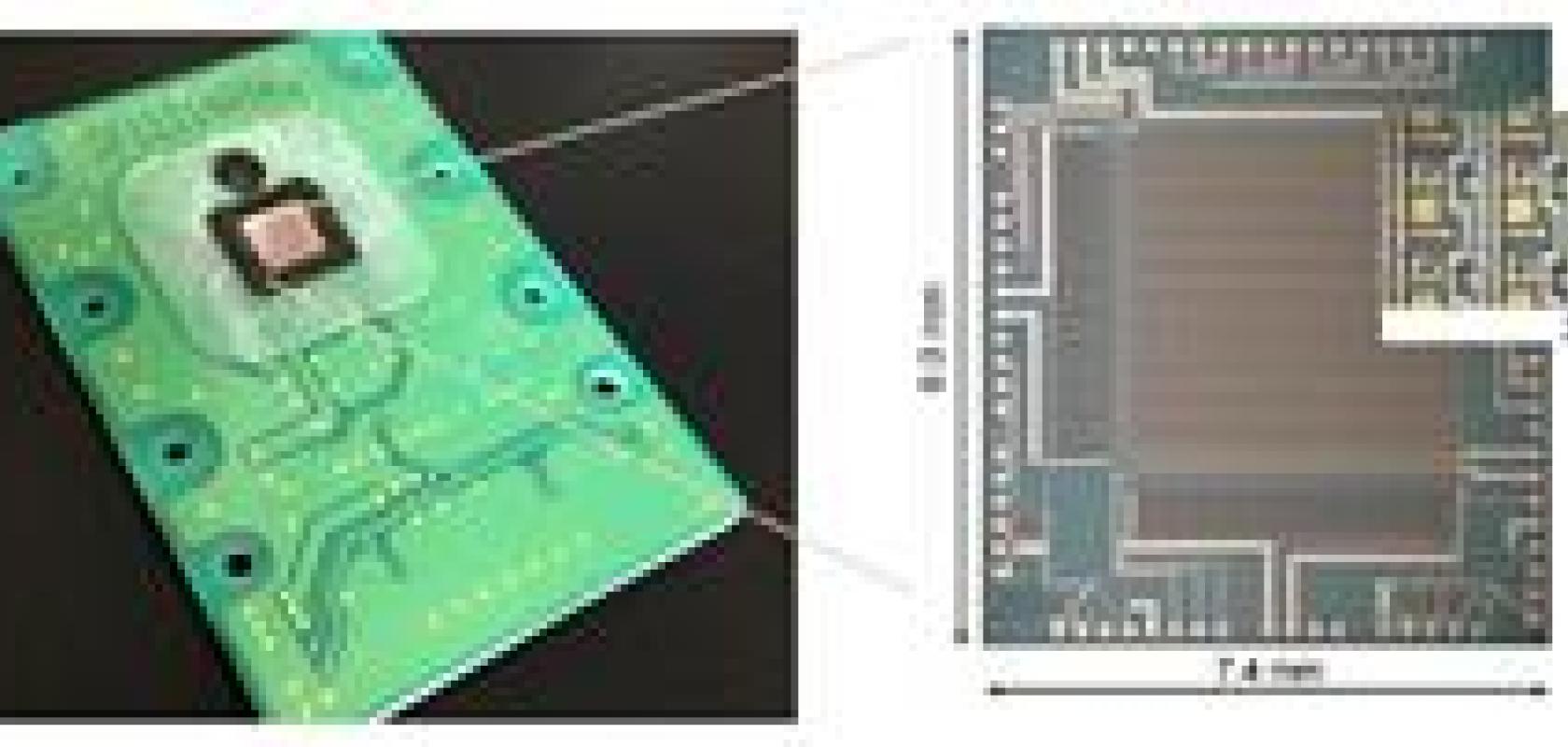A low-cost imaging-based biosensing system has been developed to analyse blood and urine for the early diagnosis of illnesses such as diabetes and Alzheimer’s disease.
Developed by Professor Kazuaki Sawada and Dr Takigawa of Japan’s National Center for Geriatrics and Gerontology, and colleagues at Toyohashi University of Technology, the biosensing technology consists of a semiconductor image sensor (charge coupled device developed by Toyohashi University of Technology) that is sensitive to extremely small changes in electric potential, and microbeads on which antigen-antibody reactions take place.
Specific proteins in the blood and urine often give early indications of a disease. Unlike conventional protocols which employ fluorescent probes and cameras to monitor antibody-antigen reactions, the biosensing system uses a semiconductor image sensor consisting of 128 x 128 pixels to detect minute changes in the electric potential generated during an antigen-antibody reaction.
Diseases for which specific protein markers are known can be diagnosed and monitored using very small volumes of blood or urine - the technology has been used to detect amiloid beta-peptide, an agent responsible for Alzheimer’s disease, for instance.
Multiple diseases can also be simultaneously diagnosed by placing different antibodies on different sensing pixels out of a total of 16,384 pixels (128 x 128).
Implementation of the technology will be tested for the daily control of lifestyle diseases such as diabetes, with expansion for the early diagnosis of Alzheimer’s and Parkinson’ diseases expected in the future.
Related articles:
Further information:


